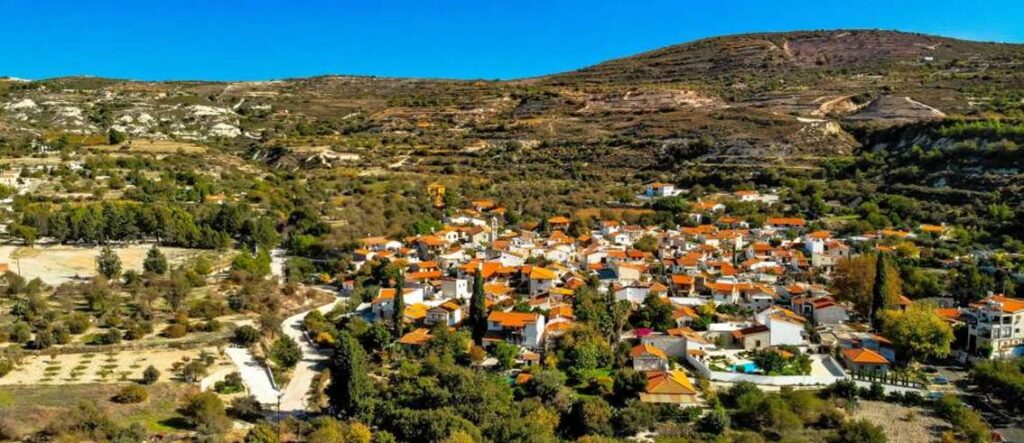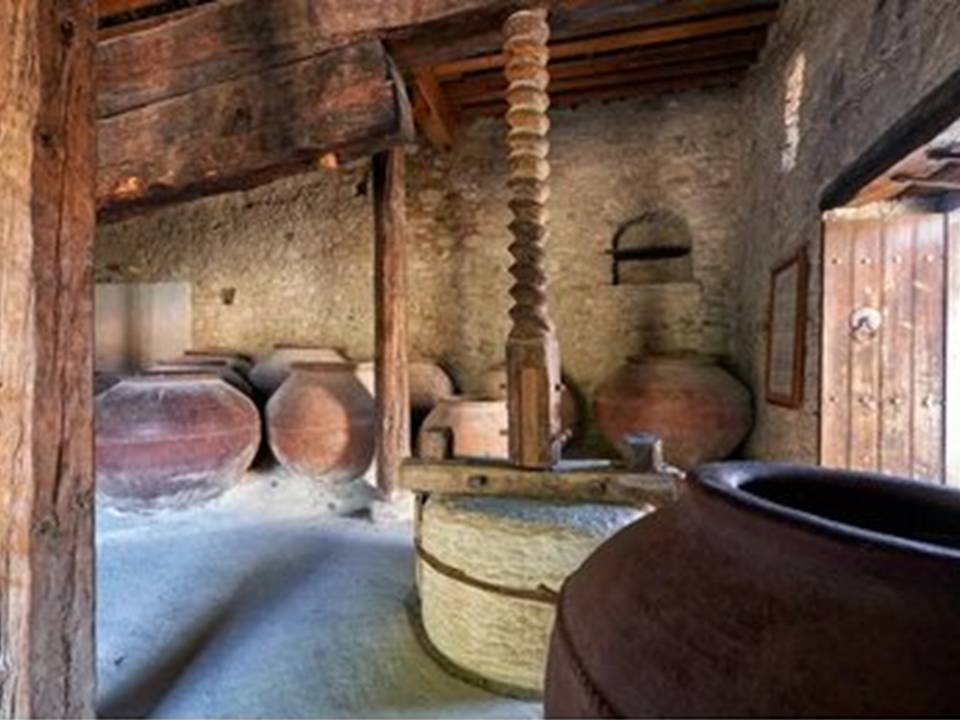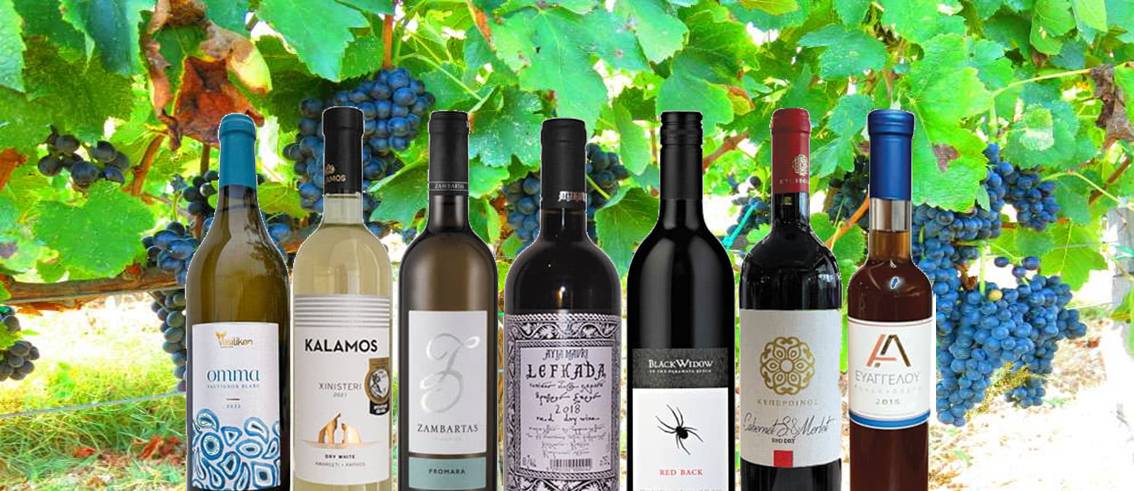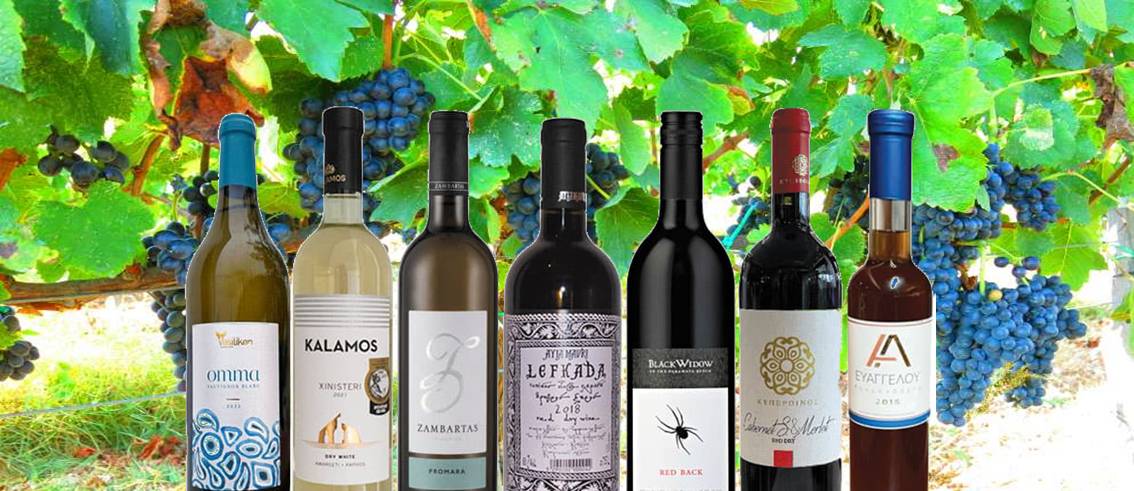Laneia: Art and Wine
Laneia wine village is one of the oldest and most picturesque wine villages in Cyprus. Nestled on the southern slopes of the Troodos Mountains, it has a rich history tied to viticulture. For centuries, Laneia wine village has been a key part of Cyprus’s winemaking heritage.
Ancient Beginnings
Laneia’s history is deeply connected to Cyprus’s winemaking tradition, which dates back over 4,000 years. Evidence suggests wine production began as early as the Bronze Age. Laneia’s fertile land and favourable climate made it a natural centre for this ancient craft.
The village’s name likely comes from “Linos,” the ancient Greek word for wine press. This hints at its long-standing link to winemaking. Over the centuries, Laneia’s vineyards thrived under various rulers, including the Phoenicians, Greeks, and Romans. During the Roman era, Cypriot wines gained fame across the Mediterranean, and Laneia’s wines were no exception.

Medieval Era and the Commandaria Legacy
Laneia’s winemaking prominence continued into the Byzantine period and the era of the Crusades. The arrival of the Crusaders in the 12th century, followed by the Knights Templar and the Knights of St. John, shaped Cyprus’s wine industry. Laneia wine village, close to the region producing Commandaria, became part of this legendary tradition.
Commandaria is one of the world’s oldest named wines. Its production methods date back to ancient times. Laneia wine villagecontributed significantly to this wine, which was highly prized in European courts during the medieval period. The village’s role in the Commandaria legacy highlights its importance in Cyprus’s winemaking history.
Ottoman and British Periods
The Ottoman conquest of Cyprus in 1571 brought changes to the wine industry. Islamic laws discouraged alcohol consumption, but Laneia’s winemaking traditions survived. Villagers passed down their techniques through generations, keeping the craft alive.
British rule began in 1878, bringing a revival of winemaking. The British encouraged alcohol production, and Laneia’s vineyards began to flourish again. Stone-built wineries and traditional wine presses from this era still stand today, offering a glimpse into the village’s past.

Modern Revival
In the 20th century, Laneia faced challenges. Urbanization and the decline of traditional industries led to a population drop. However, recent decades have seen a revival. Interest in Cypriot wines and agritourism has brought new life to the village.
Today, Laneia wine village is celebrated for its wine, architecture, and cultural heritage. Narrow cobblestone streets, stone houses adorned with flowers, and ancient churches make it a popular destination. Local winemakers continue to produce wine using traditional methods, often in small family-run wineries. This ensures Laneia’s connection to viticulture remains strong.
Conclusion
Laneia’s history mirrors the broader story of Cyprus’s wine industry. From ancient beginnings to modern revival, the village reflects the island’s cultural richness and love for wine. Laneia stands as a testament to the resilience of Cyprus’s winemaking tradition. Its deep roots in the past ensure its legacy will continue for generations to come.


